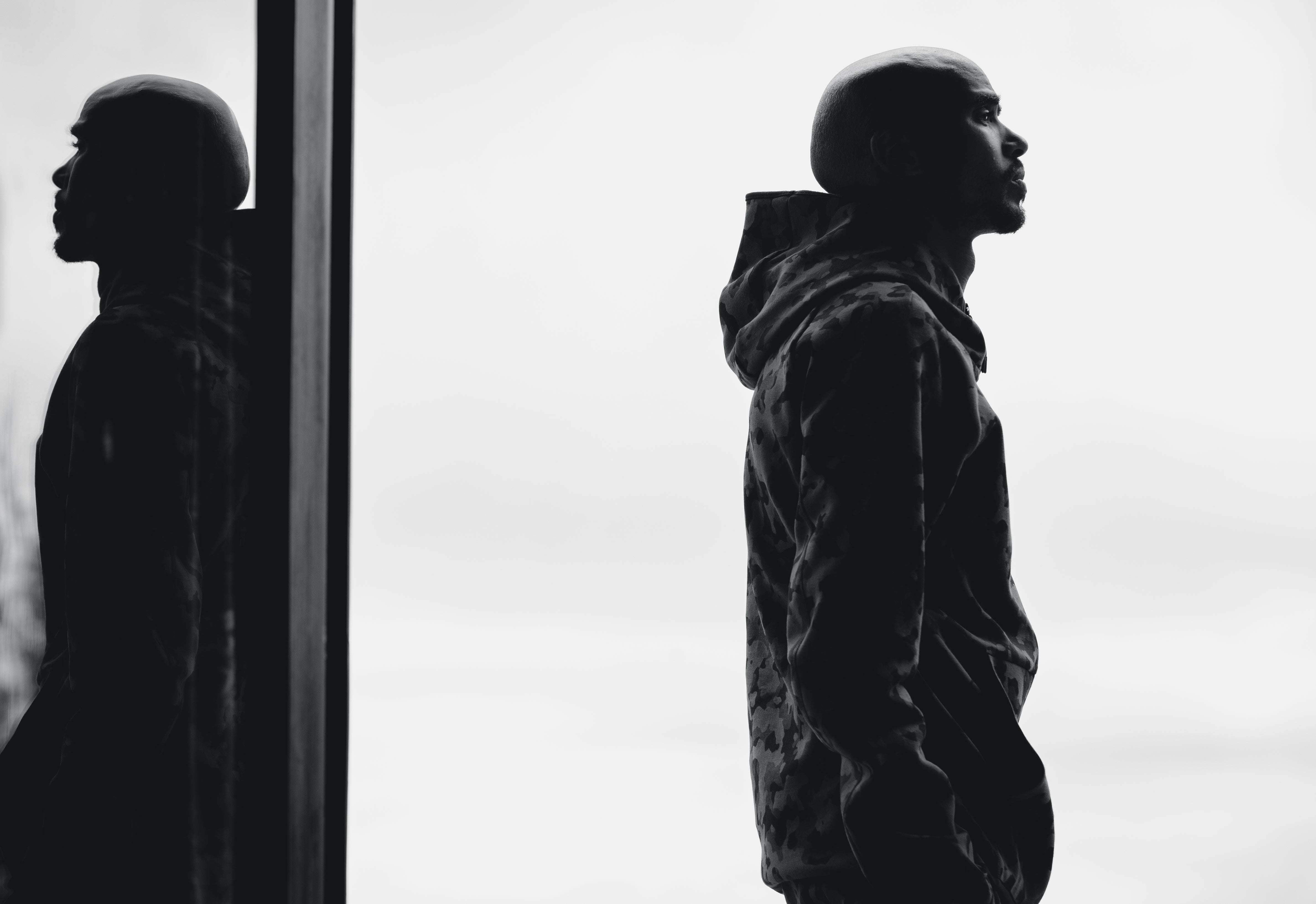Has this government learnt nothing from what happened to Mo Farah?
Priti Patel and her colleagues push the lie that refugees are purely economic migrants seeking a more prosperous life, writes Tim Farron


Your support helps us to tell the story
From reproductive rights to climate change to Big Tech, The Independent is on the ground when the story is developing. Whether it's investigating the financials of Elon Musk's pro-Trump PAC or producing our latest documentary, 'The A Word', which shines a light on the American women fighting for reproductive rights, we know how important it is to parse out the facts from the messaging.
At such a critical moment in US history, we need reporters on the ground. Your donation allows us to keep sending journalists to speak to both sides of the story.
The Independent is trusted by Americans across the entire political spectrum. And unlike many other quality news outlets, we choose not to lock Americans out of our reporting and analysis with paywalls. We believe quality journalism should be available to everyone, paid for by those who can afford it.
Your support makes all the difference.The recent revelations by Olympic runner Sir Mo Farah about his arrival in the UK have shocked us all.
He has disclosed that he was brought illegally from Djibouti, given a new name, and forced to work for his keep. His public platform is valuable because it means people will connect with his story and take the time to understand his situation. Sir Mo is one of the good guys, the press and public (and even the Home Office) have no ill will towards him.
It’s a shame we can’t say that for others who come here desperately seeking sanctuary.
I think we Brits need to point the finger at ourselves for simply not knowing enough. How aware are we of the nature of regimes in different parts of the world? If we knew more, might it change our attitude towards those who seek refuge and asylum in the UK?
I’m certainly no expert. In an attempt to learn more, I visited Calais in May and spent time chatting with some young Sudanese men. They were living on the streets, aiming to get to the UK to seek asylum. Government figures show that 81 per cent of Sudanese asylum applicants in the UK are accepted as refugees and given the right to remain – in other words, they are proven to have experienced persecution at home or are at significant risk of persecution on return. Even so, I detect little empathy for their situation from most people.
My encounter with those Sudanese refugees got me thinking about why this is the case. Is it that we have this vague and rather patronising idea that Africa is a terrible continent that people just want to leave, and then assume that all these “economic migrants” are just bound to want to come to the UK? It’s not true – the Home Office’s own figures show it’s not true, that 81 per cent of Sudanese asylum seekers are refugees and not economic migrants.
For some reason, Priti Patel is unpersuaded by her own facts, and as she and her colleagues push the lie that “these people” are purely economic migrants seeking a more prosperous life, she can get away with it because we do not know enough about the issues to push back.
We may recall that Sudan was in the news a few years ago, but we can’t really remember the specifics.
The press and the government seem to be content to support those fleeing Ukraine, Syria or Afghanistan. I think I’ve worked out why. It’s because in each of those three countries there is a recognisable bad guy in Putin, Assad or the Taliban. In which case, those fleeing from them are at least tolerable because they are the bad guys’ victims.
People have heard of Putin, Assad and the Taliban, so they can compute why people would flee and we – mostly – have sympathy.
The reality is always so much more complex, though. Often, there is not always a clear “bad guy”. Nor are the “good guys” going to be perfect in their behaviour. If you were placed under such pressure that leaving your home and everything familiar seemed the best option, think how you might respond. You might have to cheat, fight and steal to survive. You might develop serious mental health conditions that render you less than easy to deal with. Don’t get on your high horse, then, if the refugees we receive are less angelic than you would prefer.
And just because we don’t have the media coverage of what is happening in Sudan or Eritrea, for example, does that mean that we should have less compassion for people who flee from these countries? Just because you can’t name the bad guys, or there isn’t one easily identifiable bad guy, do the victims not count?
The main reason for the Sudanese displacement is the persecution of non-Arabs. Sudan has long been politically unstable, and a military coup in 2021 escalated the violence, killings, beatings and arrests. Sudan is at number 13 on the Open Doors watch list of countries that most persecute Christians.
To keep up to speed with all the latest opinions and comment, sign up to our free weekly Voices Dispatches newsletter by clicking here
So Sudanese people fleeing terror and violence in their own land are certainly not the bad guys.
Talking to these young men in Calais about their deeply traumatic journeys, of their families back home, of their hopes of reaching the UK, I realised that I needed to take responsibility to understand more about their plight and why they risk everything for safety in the UK.
In the end, each individual has ultimate dignity in their own right, and although we know we cannot accept everyone who seeks residence in the UK, we should surely make more effort to demonstrate compassion without allowing prejudice to pervade our decision-making.
One of my concerns about the policy to ship asylum seekers to Rwanda is that it will simply not stop people from coming here. Britain remains an attractive destination because we are seen around the world as a place of peace and freedom. However, what the Rwanda plan will achieve is to make refugees less likely to claim asylum when they arrive. They will simply slip under the radar, like Mo Farah did, and enter the black economy, making them more vulnerable to exploitation and modern slavery. This doesn’t fit the control narrative the government continues to prioritise, but it will so obviously happen.
I hope that whoever becomes our next prime minister will reconsider the government approach, seek to understand the reasons that desperate people flee and show leadership to the voters to persuade them of a policy towards refugees that is compassionate, just and based on reality.
Tim Farron is the MP for Westmorland and Lonsdale and was Liberal Democrat party leader from 2015 to 2017
Join our commenting forum
Join thought-provoking conversations, follow other Independent readers and see their replies
Comments